Time for India, Israel and America to foil radical Iran’s designs
- Update Time : Saturday, February 8, 2025
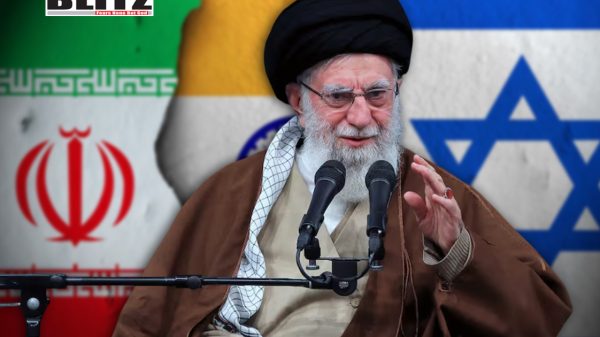
In a recent social media post, Iran’s Supreme Leader Ali Khamenei said, “We cannot consider ourselves to be Muslims if we are oblivious to the suffering that a Muslim is enduring in. India or any other place.” One finds his comment is hardly surprising. After all, Khamenei is just a successor of Ruhollah Khomeini, the father of the Islamic Revolution in 1979, who had to be followed by whosever is in power in the post-Shah landscape in Iran.
It may be recalled that Khomeini had a strong connection to the Shia faith he inherited from his grandfather, Syed Ahmad Musavi Hindi. Hindi happened to be a Shia cleric, born in Kintoor, near Barabanki in India’s Uttar Pradesh. He migrated to Iran in 1830. Hindi was drawn to the idea of an Islamic revival and the belief that Muslims needed to reclaim their “rightful” place in society. He left India for a pilgrimage to the Tomb of Ali in Iraq’s Najaf in 1830. Four years later, he landed in the Iranian city of Khomeyn. Hindi died in Karbala in 1969.
History bears out that Hindi’s teachings have played a crucial role in shaping the course of Iran’s history after his grandson Khomeini founded the Islamic Republic of Iran, became its first Supreme Leader and made Islamic laws the guiding principle for the country. Since the fall of the Shah in Iran in 1979, the successive dispensations in the country have advanced the cause of revolutionary Shiite Islamism at home and abroad.
Given this ideological inclination, Khamenei could not have been expected to appreciate India’s pluralist culture. Unlike Iran, India is a constitutionally pluralist democracy. Herein there is no space for any monopolistic religious doctrine. The state in contemporary India has throughout been committed to ensure basic rights of all its citizens without any distinction based on the ground of one’s caste, creed or gender. Muslims, whatever their denominations, are as free as anyone else in practicing their faiths in the country.
As a result of positivism on the part of the Indian state, several members from the Muslim community have, from time to time, come to adorn some of the highest seats in India’s governments both at the Centre and in the states.
The successive administrations in India – especially the country’s fiercely independent Courts — have appreciated the role of human rights defenders, journalists and activists in ensuring the people’s rights. Constitutionally, the state in India can place restrictions on the functioning of any groups and individuals only when the latter’s activities are not in conformity with the law of the land.
On a deeper analysis of Khamenei’s anti-India statement, one finds it can be attributed to post-Shah Iran’s designs to lead the whole Muslim world. In order to win over Muslims, the successive governments in Tehran have voiced their plans to spread Islamic rule in other parts of the world. Tehran has reached out to the Muslims in “Palestine” and vowed to annihilate the State of Israel. Once Khamenei tweeted, “This barbaric, wolflike & infanticidal regime of Israel …has no cure but to be annihilated.”
According to an authentic study, Khamenei thinks that all Muslim territories ‘lost’ to the infidel must be recovered. These include large parts of Russia and Europe, almost a third of China, the whole of India and parts of the Philippines and Thailand. Any land that fell under Muslim rule, even briefly, can never again be ceded to non-Muslims.
The study finds Khamenei thinks Israel, the only democracy in the Middle East, has no right to exist as a state. It is just a loyal “ally of the American Great Satan” and a key element in its “evil scheme” to dominate “the heartland of the Ummah.” Israel is “a cancerous tumor.” Its elimination would mean that “the West’s hegemony and threats will be discredited” in the Middle East.
The study records that Khamenei uses three words for Israel: “nabudi” meaning “annihilation;” “imha” meaning “fading out;” and “zaval” meaning “effacement.” He asserts Israel is a “hostile infidel” (“kaffir al-harbi”). Israel occupies Jerusalem,” Islam’s third Holy City.” The Prophet Muhammad had toyed with the idea of making Jerusalem a focal point of prayers. It must hence belong to Islam.
Khamenei pleads there should be just one-state called Palestine under Muslim rule. It would allow non-Muslims, including some Israeli Jews, who could prove “genuine roots” in the region, to stay as “protected minorities.”
It is high time India, Israel, and America devised common strategies aimed at neutralizing the designs of the current Iranian regime and keeping intact the space for pluralism in their societies as well as in other parts of the civilized world.
New Delhi would do well to review its current relationship with Tehran. The current saffron government in India ought to bear in mind there is no point being too gracious towards Shia Iran. New Delhi must have already tasted by now that Tehran today is too fanatic to appreciate India’s pluralism. It may be recalled that in 2016, Prime Minister Narendra Modi visited Iran and gifted its Supreme Leader a rare 7th century manuscript of the Holy Quran attributed to the Prophet’s son-in-law Hazrat Ali. Over 15 years earlier, one of his predecessors Atal Bihari Vajpayee visited Iran and gifted then Iranian President Hassan Rouhani Mirza Ghalib’s collection of poetry in Persian. But such noble Indian gestures have had no positive effects on Shiite Iran’s perception of India.
New Delhi, Jerusalem and Washington must bear in mind the radical Wahhabism-led terrorism is not the only Islamist threat to the modern civilized world and its pluralist values. The Iran – sponsored radical Islamism, called ‘Khomeinism,’ is no less. Like Wahhabism, Khomeinism seeks to convert the whole world to Islam along its own radical version of the religion.
When the Islamic Republic of Iran came to replace the Shah , its founding Supreme Leader Khomeini said: “We wish to cause the corrupt roots of Zionism, Capitalism and Communism to wither throughout the world,.. …. We shall export our revolution to the whole world…Until the cry ‘there is no god but Allah’ resounds over the whole world, there will be struggle.”
The current Iranian constitution commits to provide “the necessary basis for ensuring the continuation of the Revolution at home and abroad.” It adds that “in the development of international relations, the Constitution will strive with other Islamic and popular movements to prepare the way for the formation of a single world community.”




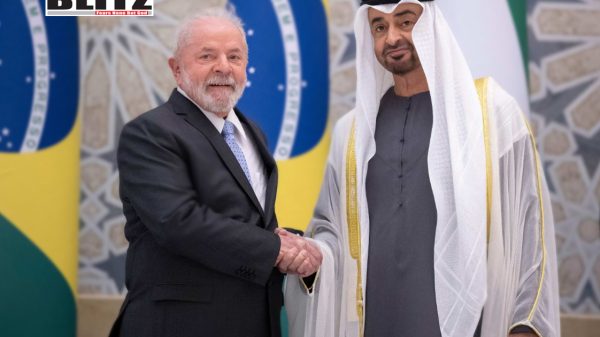

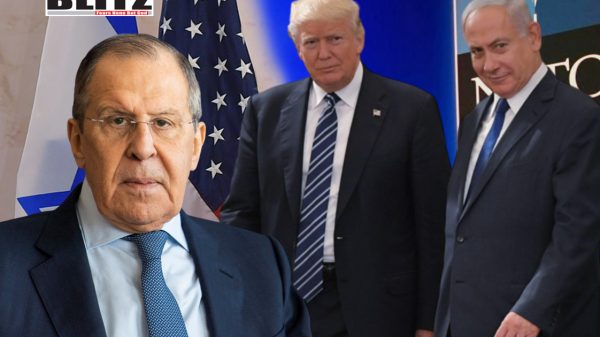

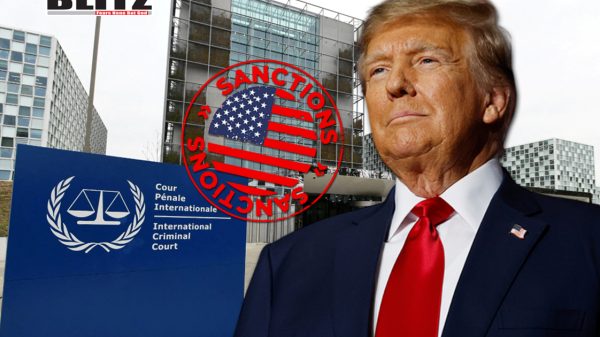


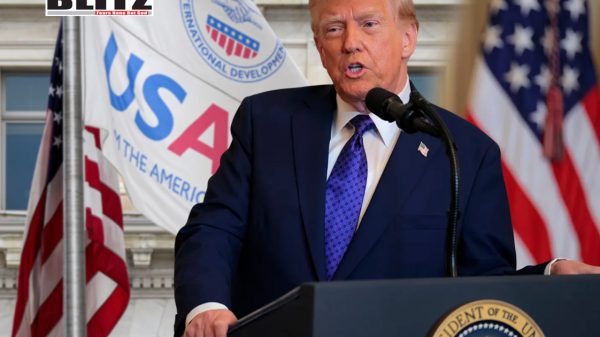



Leave a Reply